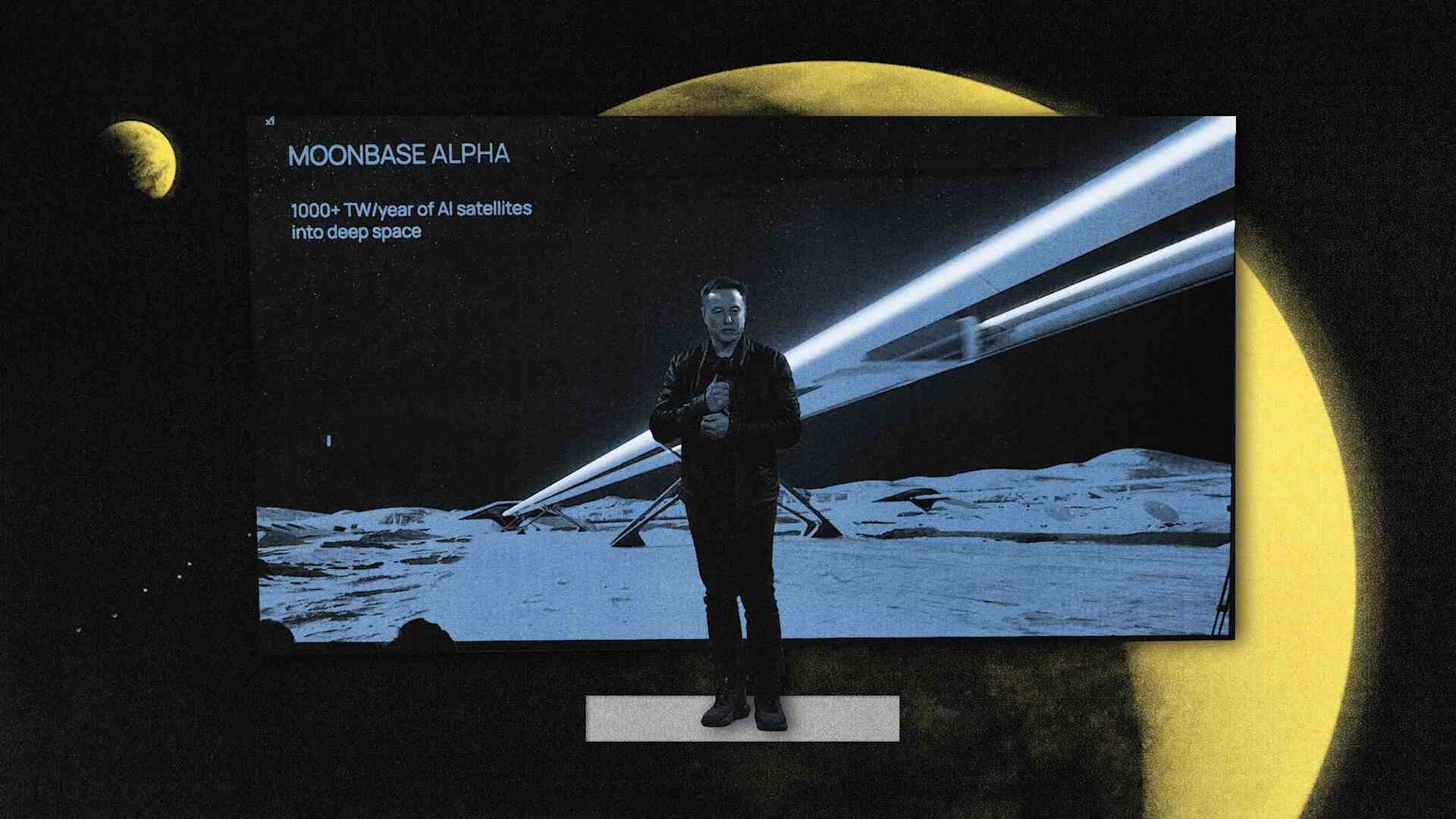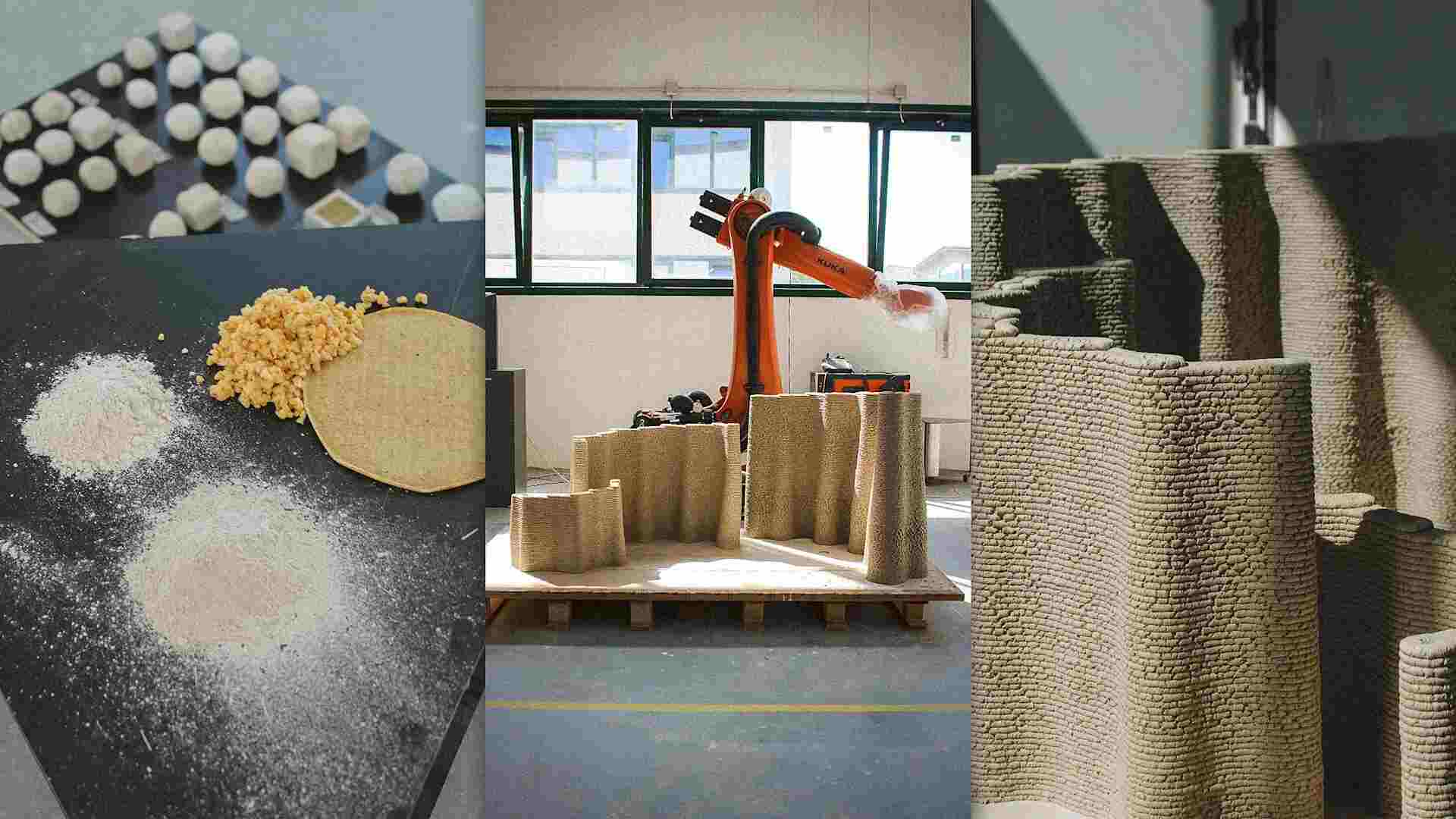- | 8:00 am
How founder of skincare brand Klur reached success and sanity by going slow
Esthetician and founder of Klur, Lesley Thornton, wants to make the skincare industry more sustainable and community focused—at her own pace.
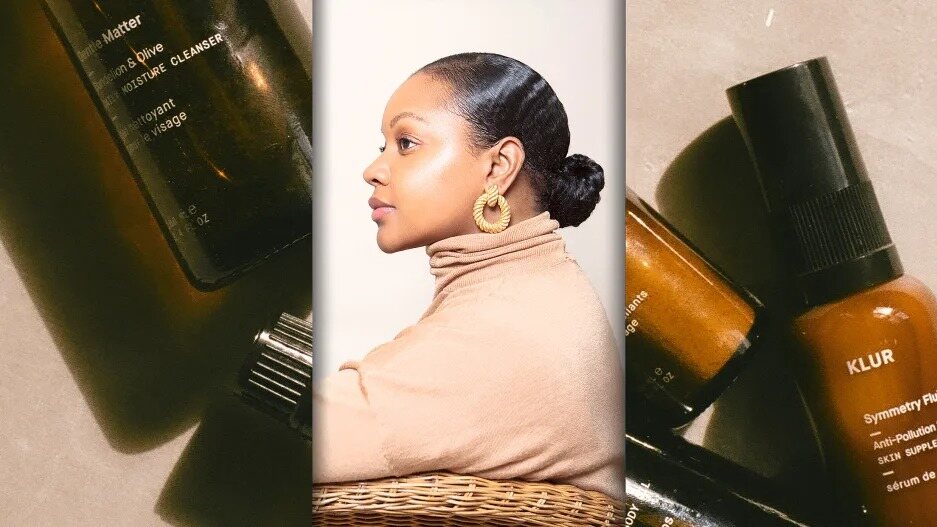
As an esthetician, Lesley Thornton has encountered a fair share of misinformation regarding skincare, mainly on social media where it can be hard to decipher true expertise.
“There was a lot of education that still needed to be given to the public and to the consumer,” Thornton says.
So she began creating products in her facial studio Klur in 2010 and eventually launched an eponymous skincare brand in 2019.
Early on, Thornton created products curated to her clients’ needs. As demand grew, she used $5,000 of her own money to improve formulas and packaging.
Seeking venture capital to achieve rapid growth has long been the standard for direct-to-consumer brands. But Thornton, along with a growing number of founders, has opted not to be backed by investors. Instead, she’s focusing on building her brand slowly, relying on funds from her studio to reinvest back into products for her skincare line.
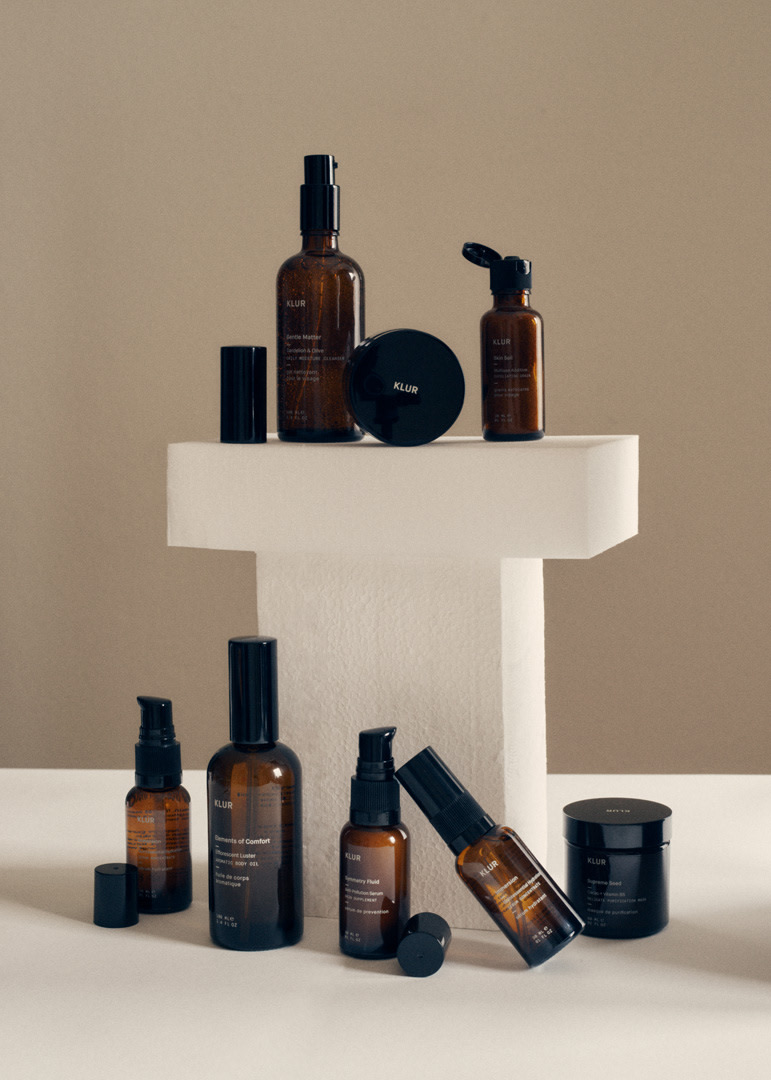
“That allows us to keep control over the brand and grow at the pace that works for not only our customer, but works for me as the founder. It allows me to keep my mental, physical, and emotional well being at the forefront,” Thornton says. “Founders don’t realize how fast growth impacts them as an individual. The pros to building slowly allows me to center myself and reinvent my vision as I need to.”
In recent years, the cult of DTC brands has waned in no small part from a drastic drop in venture capital funding: In the first half of this year alone, VC funding fell 48%. Add to the mix Apple’s restrictive policy around targeted marketing as well as the rising cost of digital advertising, and it’s little wonder how some DTC brands have begun partnering with big box retail stores—a departure from going “direct” to consumers—or have entered a “zombie”-like state of existence.
Of course, DTC isn’t completely dying anytime soon. The current landscape has just forced a more thoughtful approach to growing a brand.
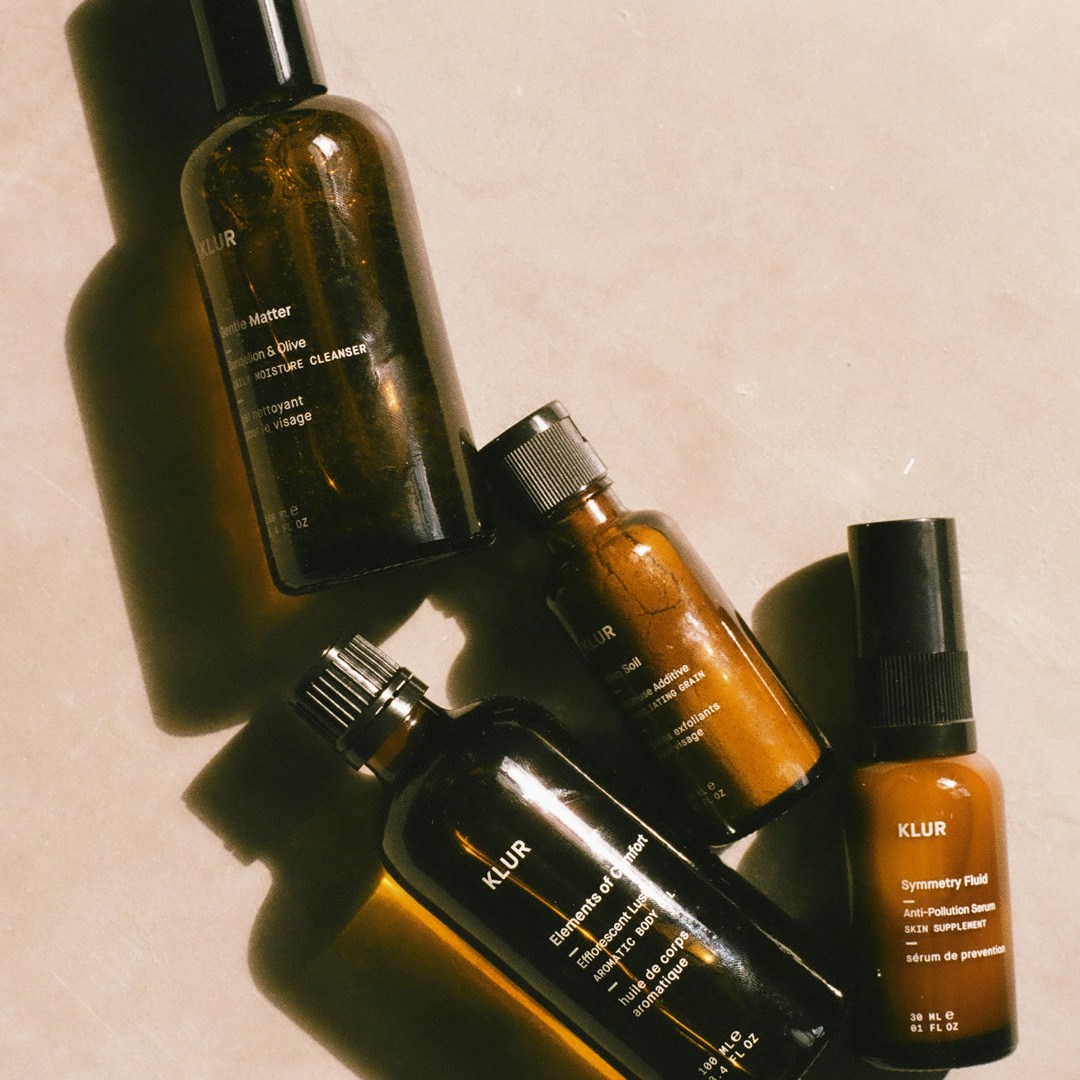
For example, in a skincare world where brands typically flood the market with products tapping into the latest trends, Klur currently only has 10 items for sale—all of which has recyclable and BPA-plastic free packaging. And since Klur’s launch, Thornton hasn’t pushed for a big marketing campaign. The majority of her consumer base has been built through word of mouth, which she believes will never go away.
“That is going to be a fundamental part of our brand forever because we focus so much on the product, the quality, and the consistency and the integrity of the product,” Thornton says. “There was no Instagram when I started in 2010, there were no Facebook ads. In order to get a client or customer to walk through the door to get a facial, you really have to know someone who has a good esthetician.”
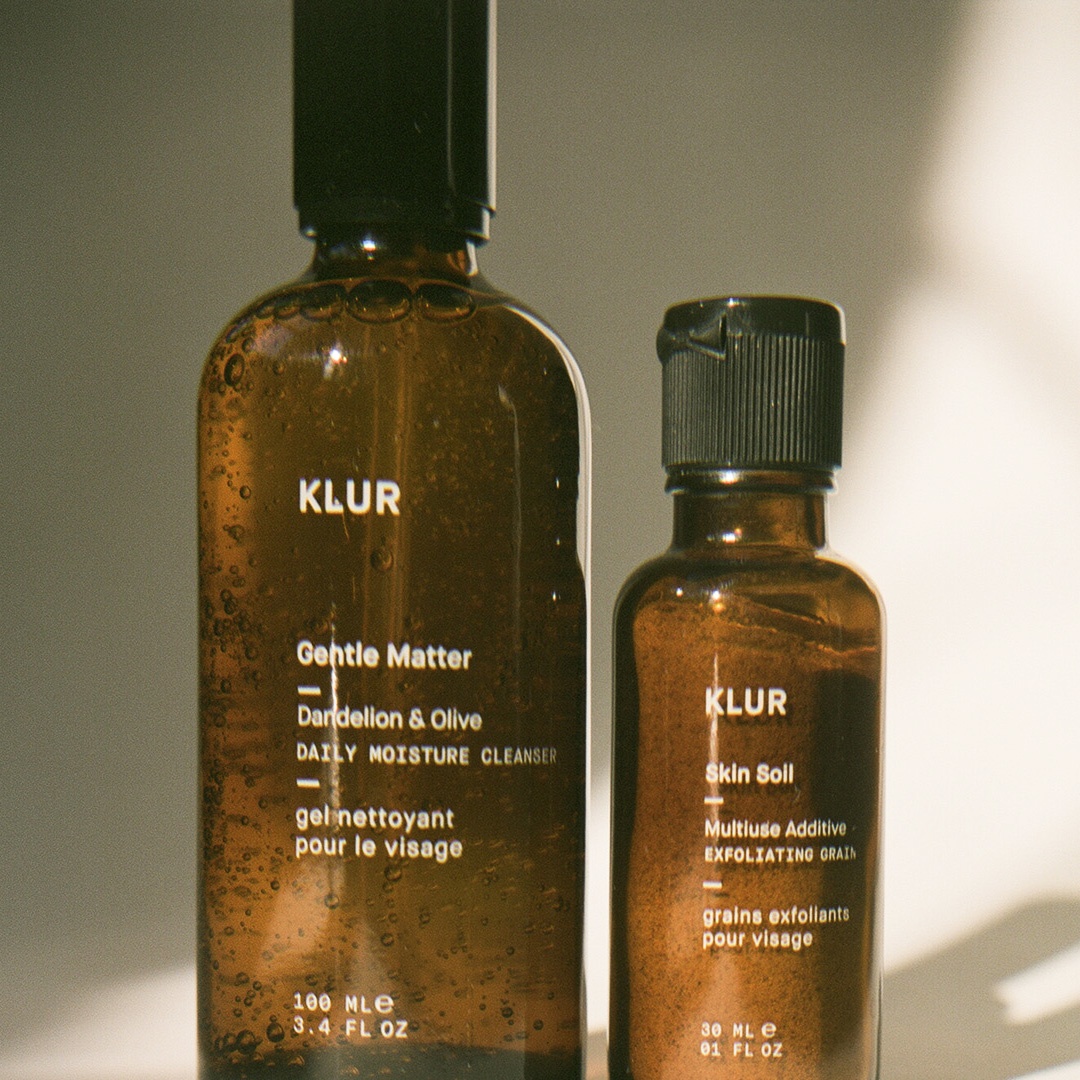
This snail’s pace towards growth is attune to Thornton’s belief in thoughtful consumerism and building a community around healthy skin and sustainability.
“Part of what we’re trying to do is shift our community mindset. A lot of people are aware of the environmental impact of [fast] fashion, but we don’t really think about the environmental impacts of beauty products,” Thorton said. “[We’re] being thoughtful and guiding our community and customers to understand that we put our energy, our time, and our limited resources into making the best product possible. [By] taking cues from the slow fashion movement and really implementing that into slow beauty.”













